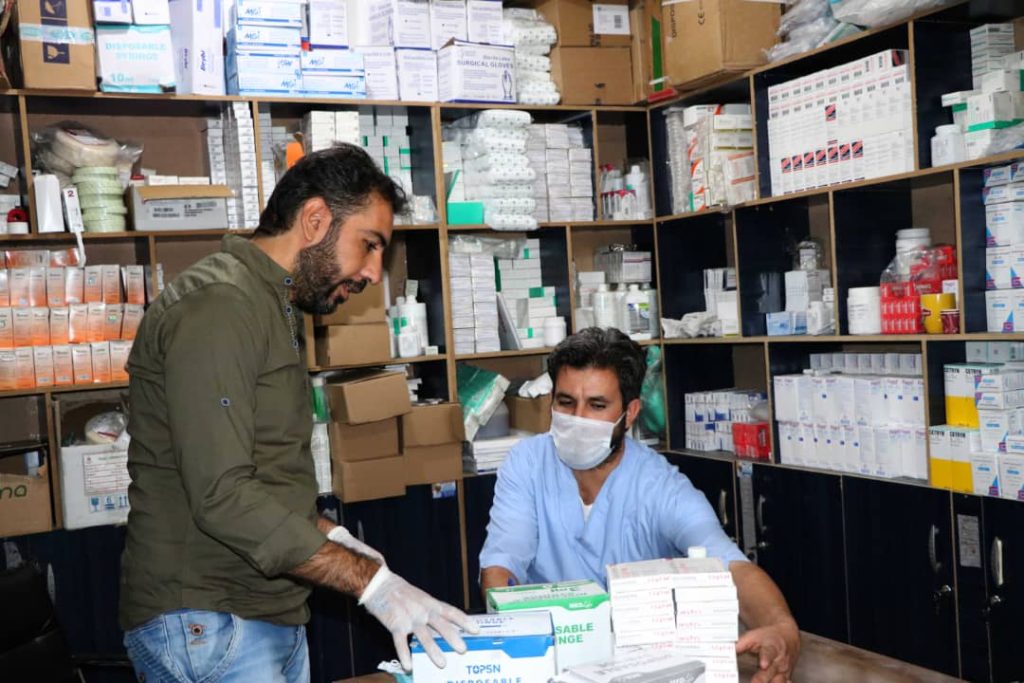The MENTOR Initiative in Turkey, Iraq and Syria remains fully operational, and has a decade of experience working across northern Syria, including those areas affected by the earthquake. Here, we co-ordinate and deliver large scale disease control, and support communities and healthcare facilities.
In the past 48 hours, MENTOR has repurposed four mobile clinics and our highly experienced medical teams to deliver emergency trauma care in four of the worst hit areas: Jandairis and Atareb, Aleppo governorate and Sarmada and Salqin, Idleb governate.
MENTOR will continue to scale up its operations to provide broader, primary emergency medical care in the earthquake-hit areas, supported by USAID – Bureau for Humanitarian Assistance and United Nations OCHA. This has also been made possible thanks to support from SC Johnson and other private sector partners, who have stepped up to augment our emergency response capacity alongside our long-standing donors and partners.
This devasting earthquake could not have come at a worse time – with freezing temperatures and a looming crisis for the already vulnerable population living around the earthquake-damaged buildings. The sandfly vector that spreads leishmaniasis breeds and proliferates in the cracks and rubble of damaged buildings – a causal factor in the increase of leishmaniasis, determined by research on the impact of the destruction of buildings over the 12-year conflict in the country.
Now the same conditions that led to the increase in sandflies during the conflict have been created in a few hours.
As the weather starts to warm up from March, communities will be even more exposed to sandfly bites and developing the disease, which causes scarring, disfigurement and is sometimes fatal.
“The emergency response to the earthquakes is a priority. But it is critical that we prepare for the inevitable rise in leishmaniasis cases and the suffering this will cause. MENTOR has a large team in the country, who are preparing to ramp up the capacity to diagnose, treat and prevent this appalling disease.” – Richard Allan, The MENTOR Initiative CEO.

